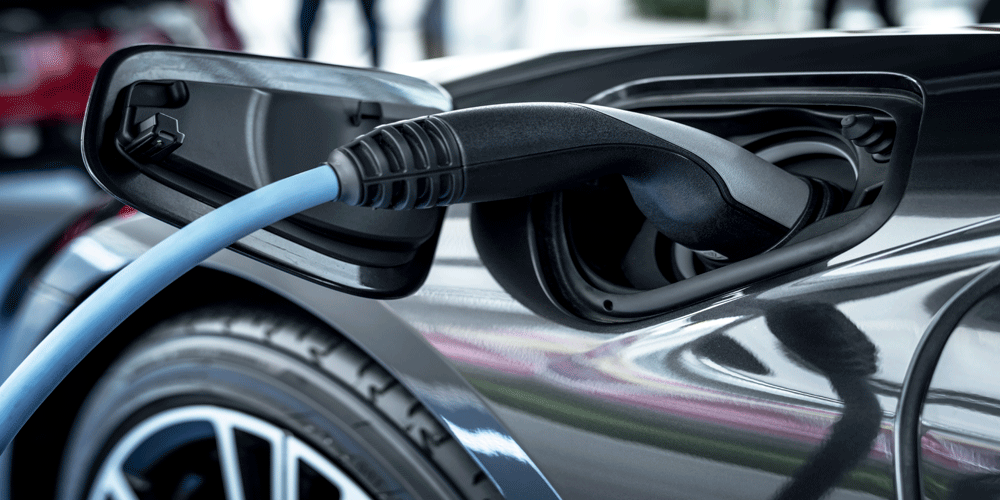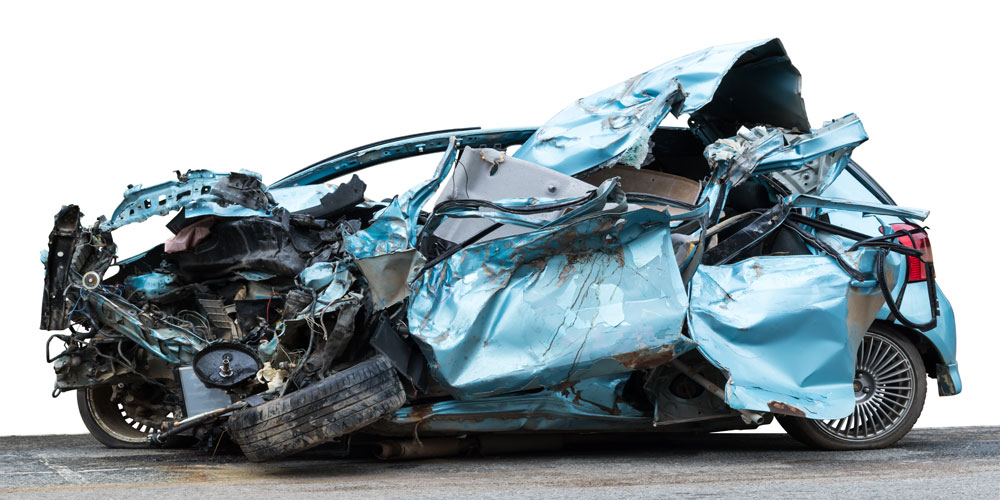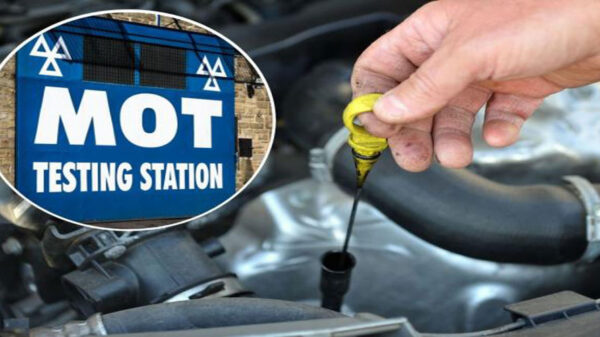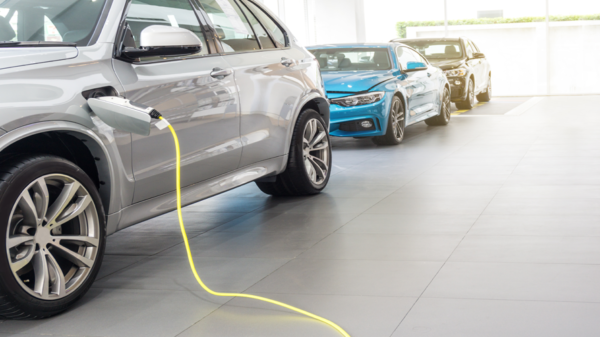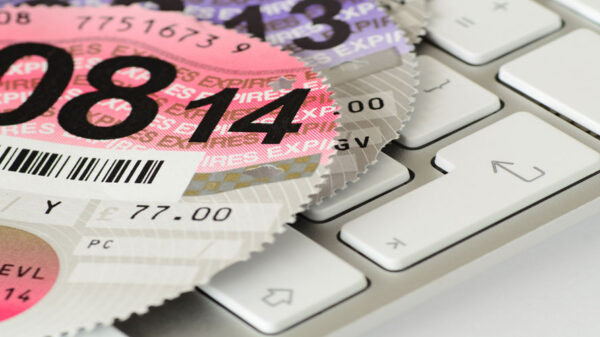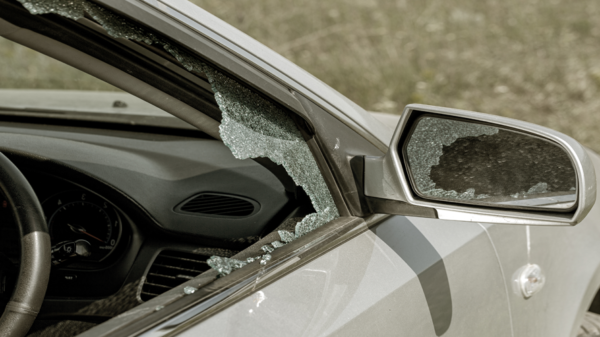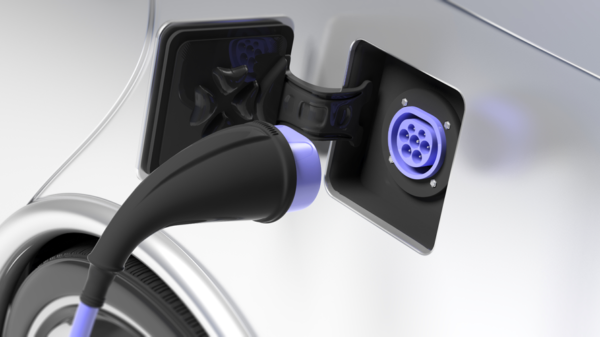RAC Warns Drivers against Starting New Year with Flat Battery Blues
With Monday 6th January expected to be one of the busiest days for breakdowns for the whole of 2025, the RAC is warning drivers to make sure they don’t kick off the year with an unexpected flat battery.
The first working day after the holidays is often a ‘non-start’ for thousands of commuters as cars are left idle throughout the Christmas period. Since New Year’s Eve falls on a Tuesday this year, the RAC expects most drivers to extend their Christmas breaks until Monday 6th January, meaning there could be a much longer period where cars are left unused.
Households with more than one vehicle are at greater risk as many people will only use one car over the festive period, meaning the battery of the other car is more likely to go flat.
Battery issues are the number one reason for RAC patrol call-outs all year round, but breakdowns increase during the winter months when cooler temperatures put a greater strain on batteries due to the increased use of the heater, lights and heated screens and seats.
The RAC is advising all households, and especially those with a second car, to make sure vehicles are used between Christmas and New Year to keep their batteries topped up, especially if they intend to commute on Monday 6th. Even drivers of electric cars need to do the same, as in most cases these vehicles still depend on a 12-volt battery to start – and it’s this battery that can go flat.
RAC Breakdown spokesperson Alice Simpson said: “The first working day after Christmas is typically the busiest of the year for our patrols attending drivers suffering the ‘flat battery blues’. The first day back at work after the Christmas the break is often bad enough, but it can be thoroughly depressing if nothing happens when you go to start the ignition. Cars left unused over the holidays, such as second vehicles left parked up, are often a breakdown statistic waiting to happen.
“Luckily, a flat battery is easily avoidable if drivers take their cars for a good run during their Christmas breaks. Electric vehicles are just as vulnerable as combustion engines because they also rely on 12-volt batteries, so it’s important to drive them occasionally and keep them charged above 20% in winter conditions.
“Colder weather slows down the chemical reaction in vehicle batteries, plus they have to work harder in the winter months due to greater use of the heater, lights, heated screens and seats as well as windscreen wipers. The starter motor also has to work harder to turn over the engine in the cold, so if your car is particularly slow to start then the battery could be about to fail.
“Drivers in any doubt about the health of their battery – especially those that are older and weaker – can book a diagnostic test on their doorstep. Rather than trying to find a garage that is open during the holiday period, drivers can book an RAC Mobile Mechanic to test their battery at home or work, and even install a new one in the worst-case scenario.”
The RAC’s Mobile Mechanics have shared their top tips to steer clear of the flat battery blues:
>>> Drive every vehicle in your household before Monday 6 January, especially if you’re going to rely on that car for your return to work. Don’t just turn it over – go on a drive that gets the engine up to a proper operating temperature and the battery well charged before you really need it.
>>> Cherish every volt – turn off everything electrical in your car once you’ve switched the engine off, and disconnect all equipment such as dashcams to give the battery its best chance of starting.
>>> If you’ve had battery problems at all throughout 2024, think about getting it tested and, if needed, replaced before the new year.
>>> Protect your car from the elements – cooler, damper conditions through winter put more strain on a battery, so use the garage if you have one.
>>> Drive electric vehicles occasionally and keep them above a 20% state-of-charge. A high-voltage battery should not be left below this point for extended periods of time, especially in cold weather, as this can harm its health.





